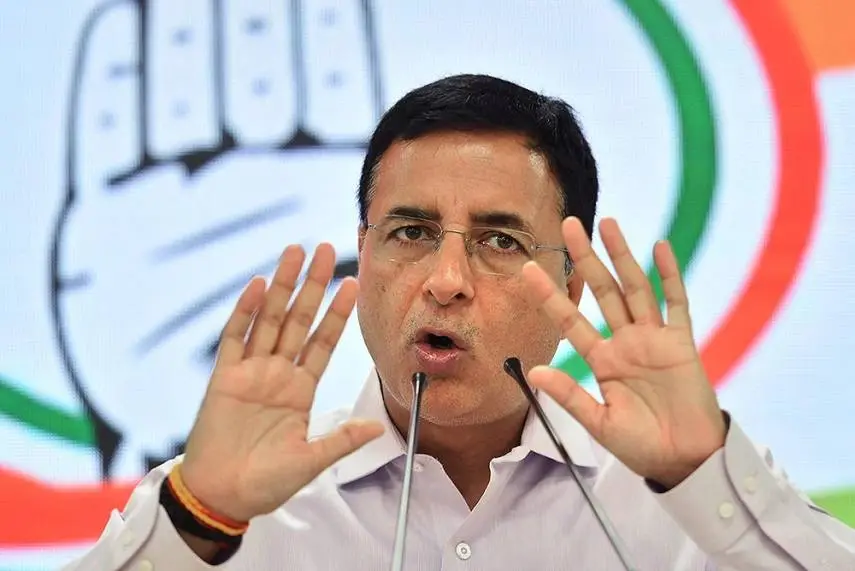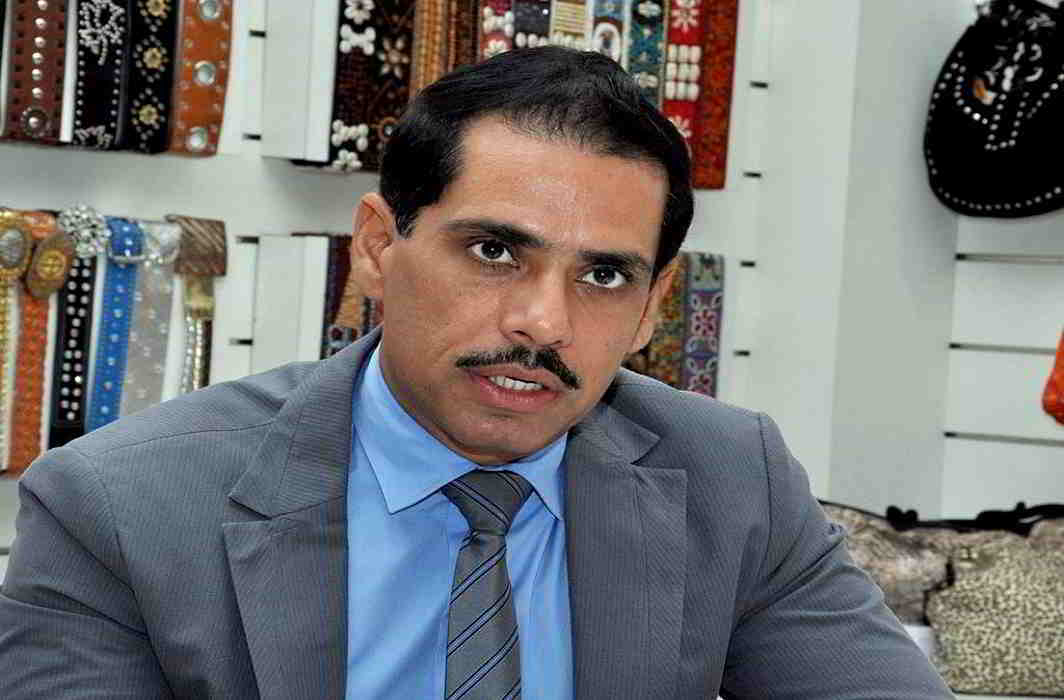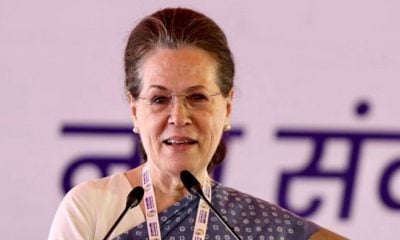India News
300 WhatsApp numbers of Indians were targeted: Congress after US court verdict on Pegasus
In this case, a U.S. judge favored Meta Platforms’ WhatsApp, concluding that NSO Group had exploited a vulnerability in the messaging service to deploy spyware for unauthorized surveillance.

India News
Manipur Assembly to meet at 4 pm today, floor test likely under new chief minister
The Manipur Legislative Assembly will convene at 4 pm today, with a floor test likely as the new chief minister seeks to prove his majority in the House.
India News
PM Modi skips Lok Sabha reply as protests force repeated adjournments
PM Modi did not deliver his Lok Sabha reply today after sustained Opposition protests led to repeated adjournments over a dispute involving Rahul Gandhi’s proposed speech.
India News
President’s Rule revoked in Manipur as NDA set to form new government
President’s Rule has been withdrawn in Manipur nearly a year after its imposition, paving the way for a new NDA-led government under Yumnam Khemchand Singh.
-

 India News22 hours ago
India News22 hours agoPM Modi skips Lok Sabha reply as protests force repeated adjournments
-

 Latest world news8 hours ago
Latest world news8 hours agoNew Delhi free to buy oil from any source, Russia says amid US deal claims
-

 Cricket news8 hours ago
Cricket news8 hours agoPakistan PM Shehbaz Sharif confirms boycott of India match at T20 World Cup
-

 Latest world news7 hours ago
Latest world news7 hours agoPakistan faces domestic backlash after India secures lower tariffs in US trade deal
-

 India News4 hours ago
India News4 hours agoManipur Assembly to meet at 4 pm today, floor test likely under new chief minister















